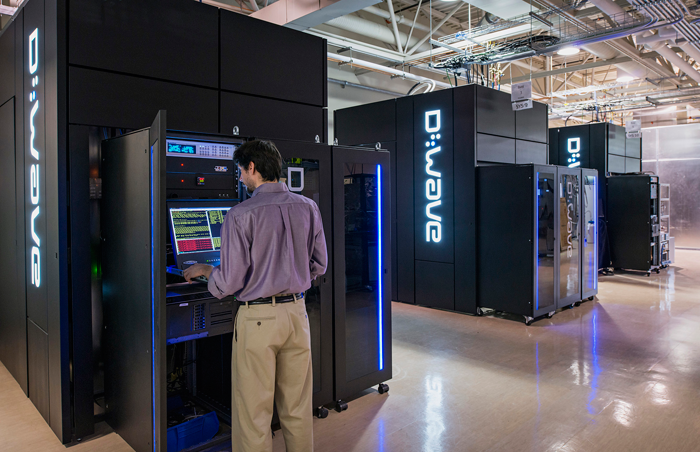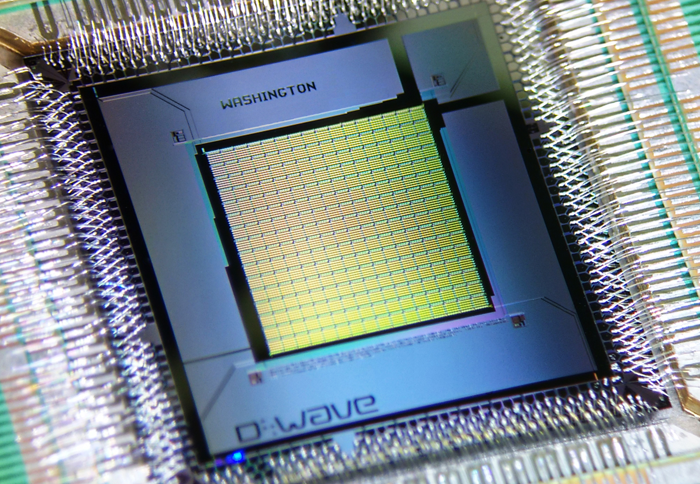D-Wave Systems, which claims to be the world's first quantum computing company, has announced that it has entered into a new agreement with Google, NASA and the USRA (Universities Space Research Association). Under the new agreement, said to be the "largest order in D-Wave's history", Google and its partners will benefit from new generations of D-Wave systems installed at their facilities as and when they become available.

The new seven year contract is "indicative of the importance of quantum computing in its evolution toward solving problems that are difficult for even the largest supercomputers," said D-Wave CEO Vern Brownell. The CEO went on to explain how excited he was at the potential uses of his firm's quantum computing systems.
Google and its partners at NASA and USRA have been working with a 500-qubit D-Wave Two system installed in 2013. The computer has been used by Google to explore quantum computing techniques that could apply to web search and speech recognition Meanwhile NASA has been using the quantum computing system to look at planning and scheduling, air-traffic management, robotic missions to other planets, and support operations in mission control centres.

NASA Ames Research Centre Director, Eugene Tu, said that the new contract would be key to research quantum algorithms that could "someday dramatically improve our ability to solve difficult optimization problems for missions in aeronautics, Earth and space sciences, and space exploration". Recently the new D-Wave 2X system installation was completed and became operational at the centre.
This 30 minute webinar recording will introduce you to quantum computing and D-Wave.
As noted by Fortune, some people question whether D-Wave's systems really perform quantum computing at all. Nevertheless the likes of NASA and Google appear to have found their contracts with D-Wave to be beneficial and are investing in seven further years of system updates.














